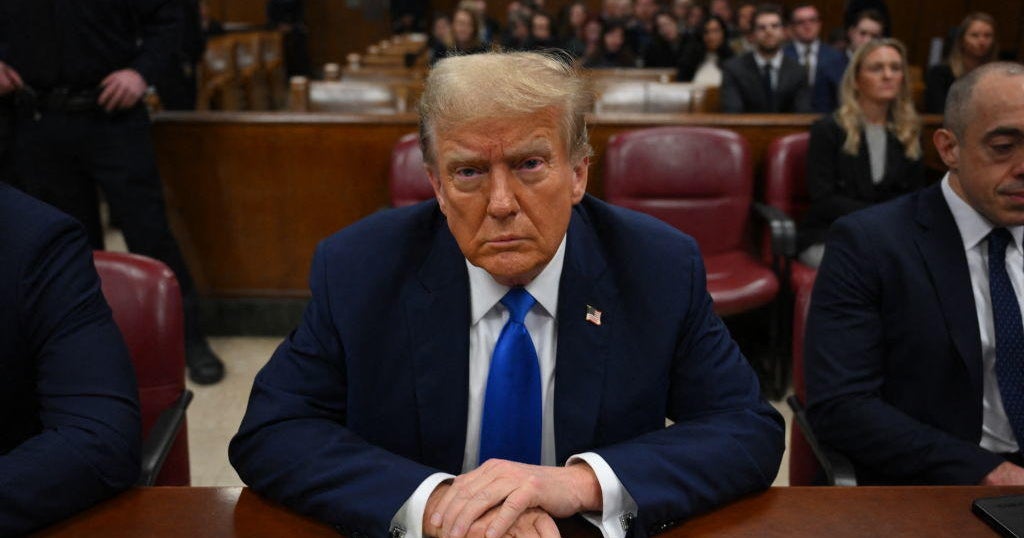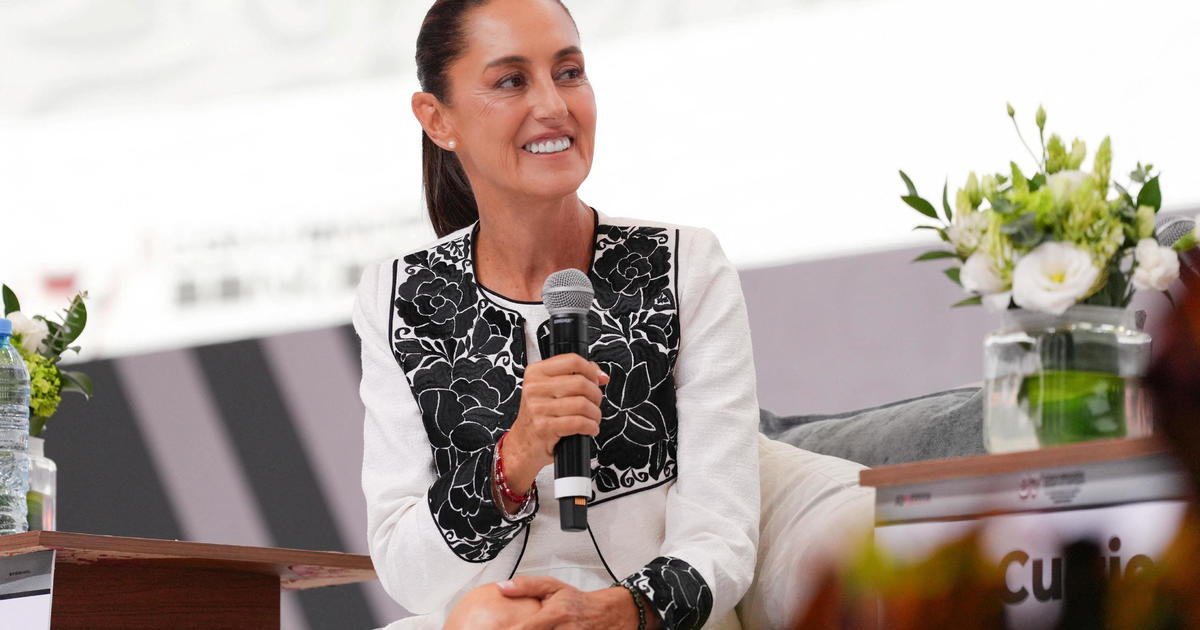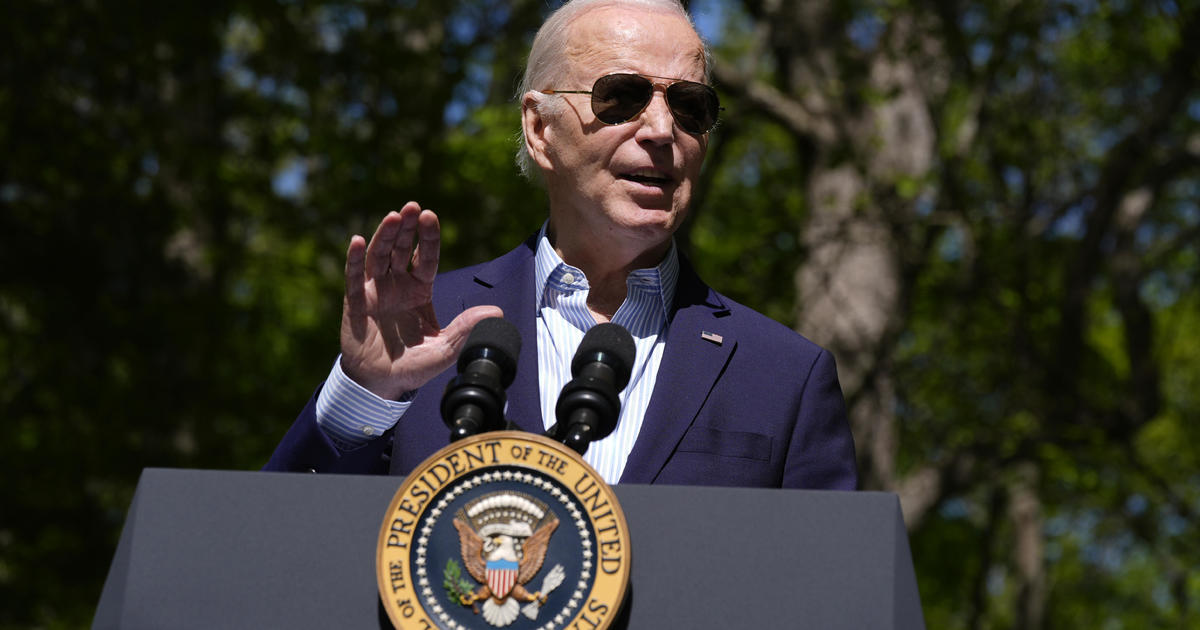Trump signals he could declare national emergency for wall during State of the Union
President Trump signaled he could declare a national emergency in order to find funding for a southern border wall, and that declaration could come as soon as next week. Asked by reporters during a human trafficking event whether he was prepared to make that announcement at the State of the Union address Tuesday, Mr. Trump said, "I'm saying, listen closely to the State of the Union. I think you'll find it very exciting."
When a reporter asked whether he expected to make the declaration, he said, "I don't want to say -- you'll hear the State of the Union and then you'll see what happens right after the State of the Union."
Mr. Trump said he's looking at declaring a national emergency because he doesn't believe that conferees will make a deal on border security funding. They have until February 15th to reach an agreement before government funding runs out again for several federal departments and agencies. Mr. Trump blamed Democrats for the stalemate. "I don't think Democrats want border security," he said.
But as far as the president is concerned, the wall will be constructed. "We're building the wall. It's going to get built one way or another," Mr. Trump declared. He added that the administration was working on a plan for a better and "far more beautiful wall." He also claimed, without naming any politicians, that many Democrats "want the wall."
"They think it's good policy for 2020," Mr. Trump said about Democratic opposition to the wall.
Russia, suspension of Intermediate-Range Nuclear Forces (INF) treaty
During the event, President Trump rejected the idea the U.S. might be risking a new arms race with Russia with its six-month suspension of the INF treaty and said he wanted to get everyone in a big beautiful room to put together a new treaty that would be better. The treaty was originally signed in 1987, and it bans land-based nuclear weapons with a range of 310 to 3,400 miles.
Venezuela
The president declined to say whether he is willing to commit military troops to Venezuela, saying only that he would take no option off the table. Demonstrators have amassed on the streets in Caracas, where Venezuelan President Nicolas Maduro clings to power, although the leader of the National Assembly, Juan Guaidó, has been recognized by the U.S. and other countries as the interim president.
Katiana Krawchenko contributed to this report.




